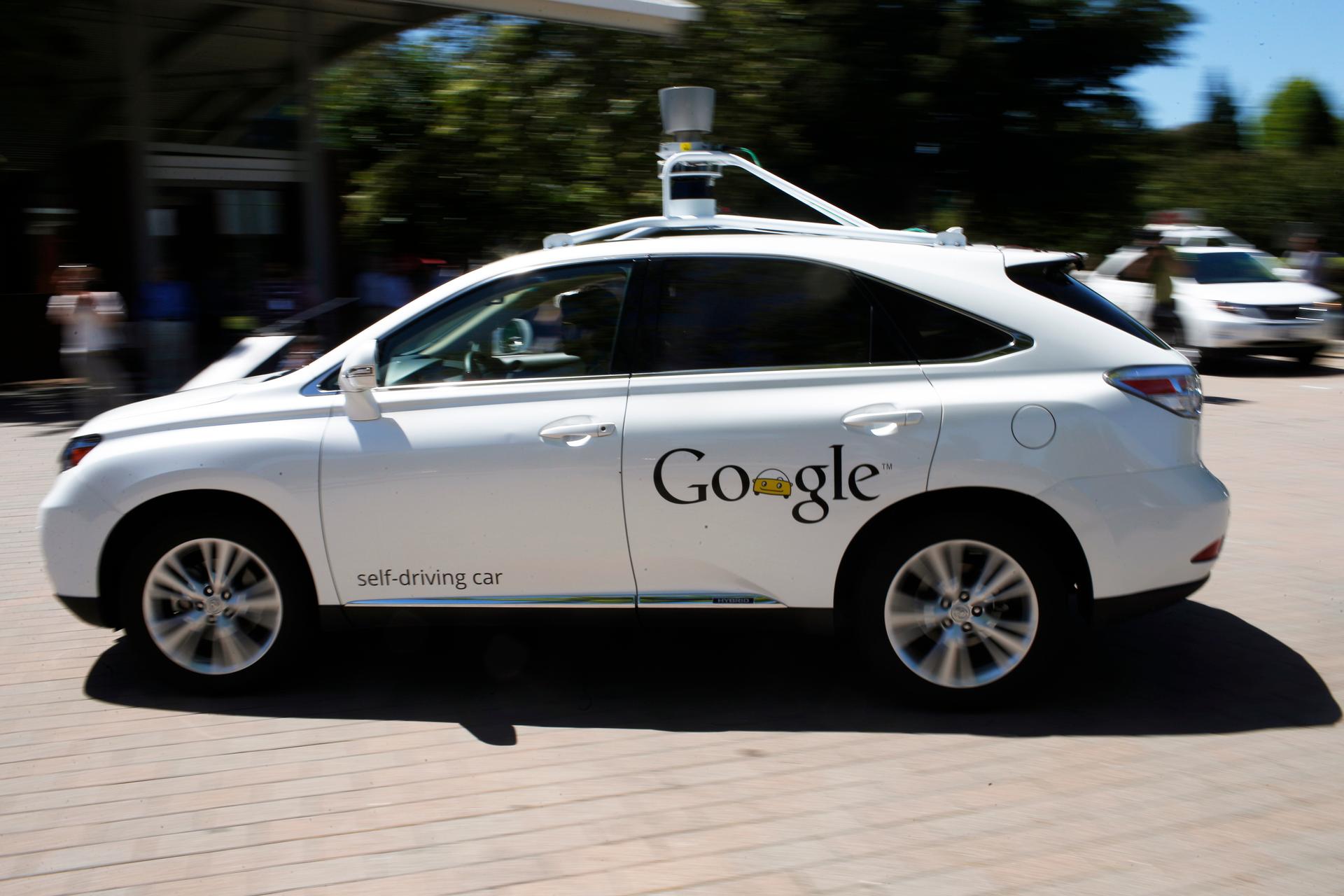Genevieve Gilson
Genevieve Gilson is a producer at Innovation Hub.
Genevieve Gilson is the production assistant on Innovation Hub and loves that each day offers new ways of looking at the world. Before coming to WGBH, she produced DVD bonus features in Los Angeles. Although the LA winters were wonderful, New England’s history — and seasons — keep her very busy, from snowshoeing in the winter to kayaking in the summer. Currently, Genevieve is also working on her first novel, which is set in the seamy world of Iowa academia.
One of the Internet’s first bloggers reflects on 20 years of blogging
Justin Hall got on the Internet in 1994 and became one of the Internet’s earliest bloggers. But he quickly realized a lesson most social media users today learn: Just because you can post something on the Internet, doesn’t mean you should.
How a century-old rule is keeping the American legal profession from innovating like its foreign colleagues
If you want to get legal advice in Canada, you can swing by Wal-Mart. And in the UK, legal advice is handed out in grocery stores. But a rule implemented more than 100 years ago in the US keeps legal advice largely out of reach for most Americans and keeps innovations from changing the stodgy legal field.
How air conditioning got Ronald Reagan elected president
Ronald Reagan couldn’t have become president without Southern votes, and many of those votes simply wouldn’t have been there without the invention of air conditioning. Such innovations and their unforeseen consequences on history are the subject of a new book from Steven Johnson.
Get ready for a manufacturing revolution, as the ‘maker movement’ goes mainstream
The “maker movement” is getting so mainstream that the White House recently hosted its own fair for makers. And the movement is about much more than 3-D printing trinkets — advocates say the spread of small-scale manufacturing could usher in a new kind of industrial revolution.
Even when you’re losing, slot machines boost your morale — and casino profits
This isn’t your granddad’s gambling industry: As casinos spread and habits change, slot machines have become a massive part of casino profits — as much as 85 percent. They’re doing so partly by giving gamblers the illusion of winning, even when they’re falling behind.


